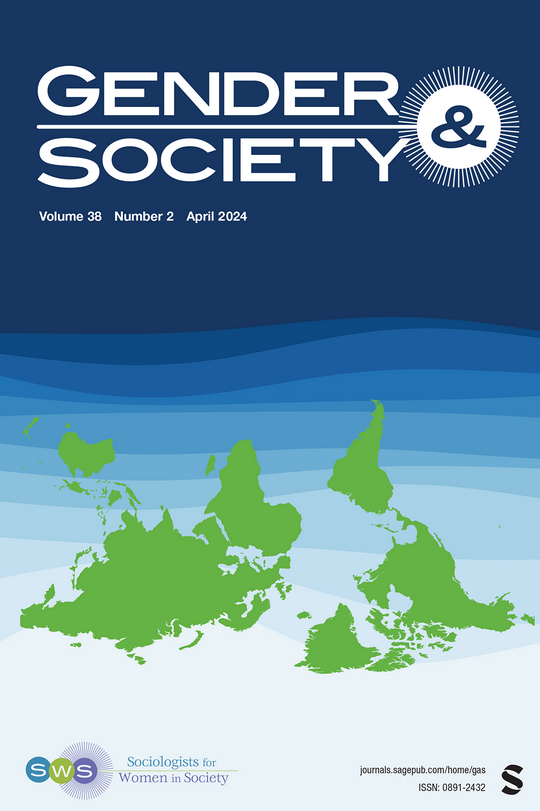亡灵边界中的性别脆弱性:希腊流离失所男子的物质和情感遗弃
IF 3.4
1区 社会学
Q1 SOCIOLOGY
引用次数: 0
摘要
在流离失所的情况下,"弱势 "一词日益成为人道主义立法、政策、言论和程序的组成部分。虽然被归类为 "弱势人群 "的人表面上有权获得专门的照顾,但这种归类被广泛用于将人们分为 "合法 "和 "非法 "人群,使其获得基本权利和照顾。批判性的女权主义学术研究强调了性别是如何成为构建和认识脆弱性的主导视角的。这影响到流离失所期间的所有人。然而,在这里,我们以希腊流离失所者的住房问题为案例,探讨了这一框架对男性流离失所经历的影响。通过独立的实地调查以及与人道主义者和流离失所男性的访谈,我们展示了性别化的脆弱性概念是如何不仅融入到制度化的移民机构中,而且还在构成希腊关怀制度的日常话语、实践和情感经济中流通的。其结果是,一种针对男性的 "死亡政治学"(necropolitics)得以实施,迫使他们生活在缓慢暴力和永久伤害的环境中。我们探讨了这种死亡政治的性别本质,以及在欧洲边境对男性造成的性别后果。本文章由计算机程序翻译,如有差异,请以英文原文为准。
Gendered Vulnerability in Necropolitical Bordering: Displaced Men’s Material and Affective Abandonment in Greece
The term vulnerability has become increasingly integral to humanitarian legislation, policies, discourse, and procedures in contexts of displacement. While people categorized as “vulnerable persons” are ostensibly entitled to specialized care, this categorization is widely used to divide people into those “legitimate” and “illegitimate” to receive basic rights and care. Critical feminist scholarship has highlighted how gender is the dominant lens through which vulnerability is constructed and recognized. This affects all people during displacement. However, here we address the implications of this framework for men’s experiences of displacement, exploring as a case study the issue of housing for displaced people in Greece. Drawing on our independent fieldwork and interviews with humanitarians and displaced men, we demonstrate how gendered conceptions of vulnerability are not only integrated into institutionalized immigration apparatuses but also circulate in the everyday discourses, practices, and affective economies that constitute the Greek care regime. The result is that a form of necropolitics is exercised against men, forcing them to reside in conditions of slow violence and permanent injury. We address the gendered nature of this necropolitics as well as the gender-specific consequences for men at Europe’s borders.
求助全文
通过发布文献求助,成功后即可免费获取论文全文。
去求助
来源期刊

Gender & Society
Multiple-
CiteScore
9.70
自引率
3.60%
发文量
78
期刊介绍:
Gender & Society promotes feminist scholarship and the social scientific study of gender. Gender & Society publishes theoretically engaged and methodologically rigorous articles that make original contributions to gender theory. The journal takes a multidisciplinary, intersectional, and global approach to gender analyses.
 求助内容:
求助内容: 应助结果提醒方式:
应助结果提醒方式:


